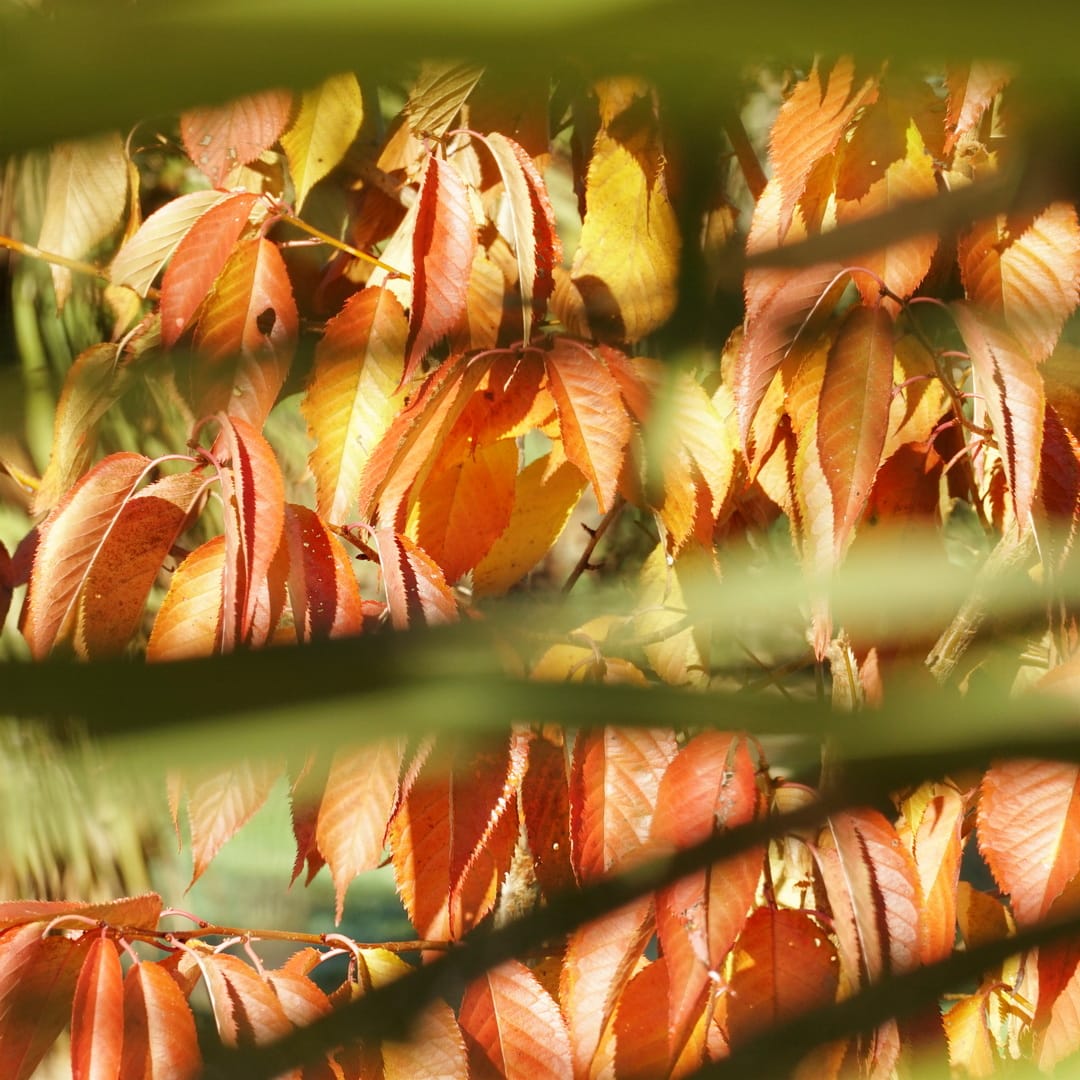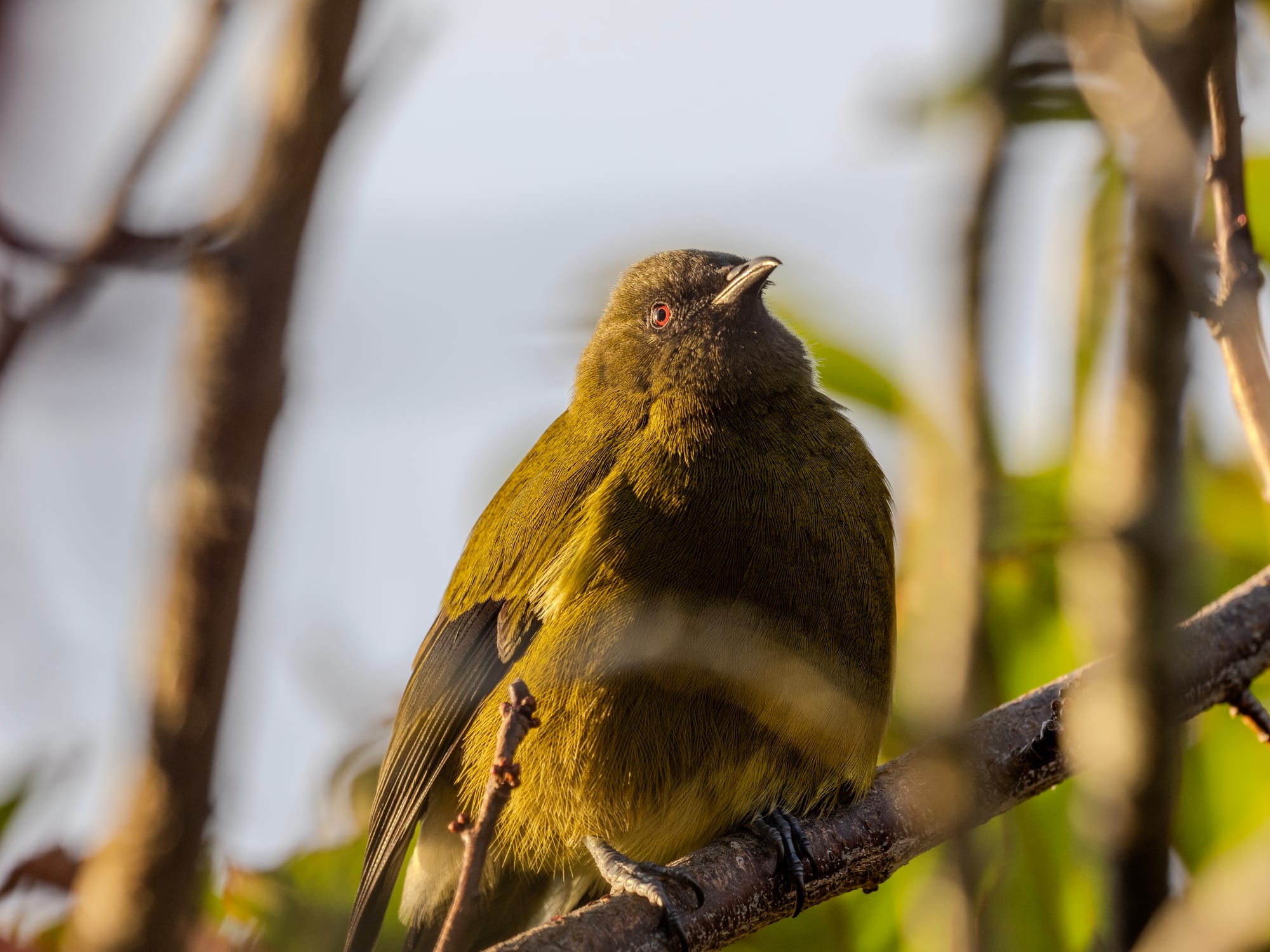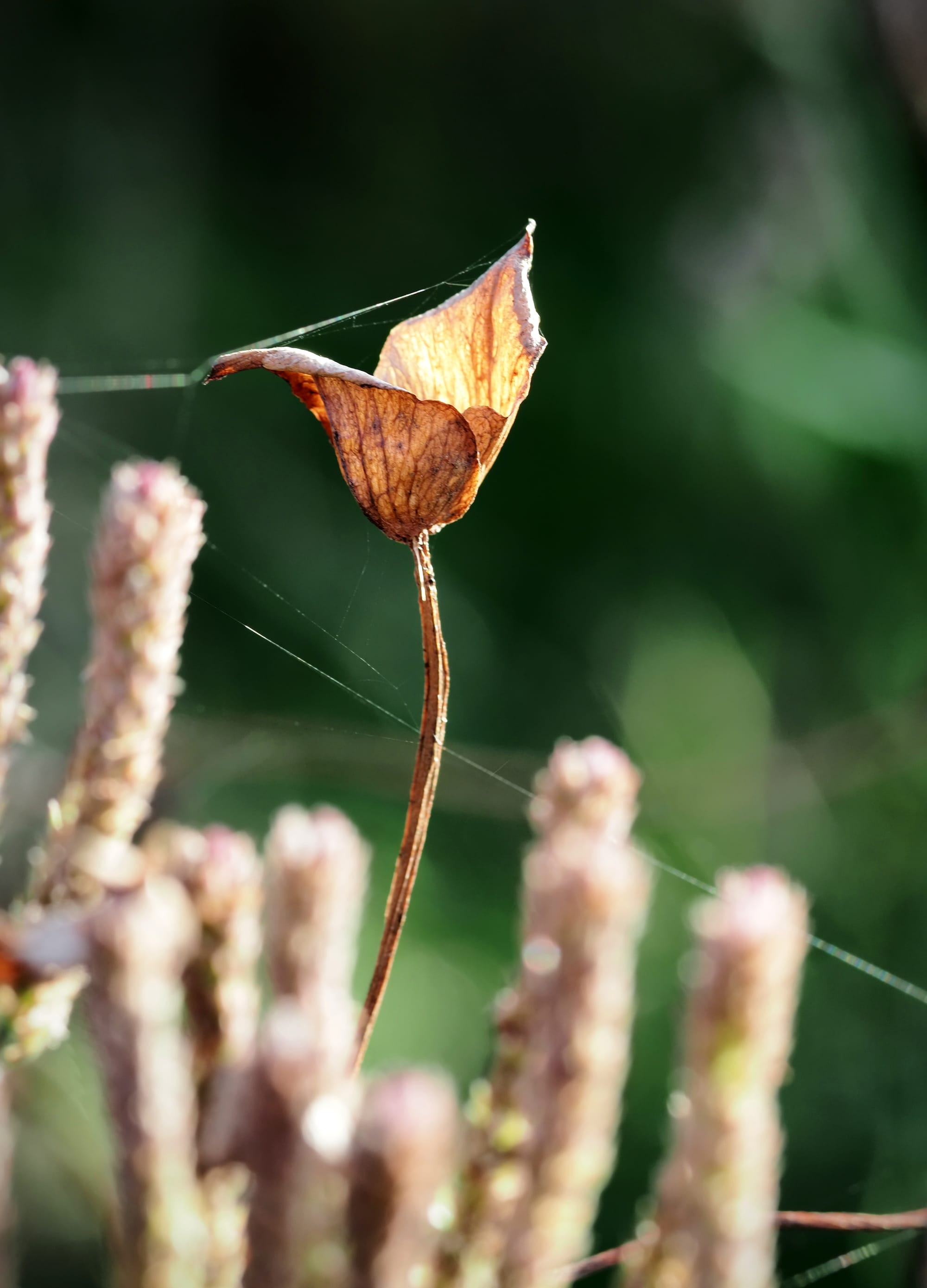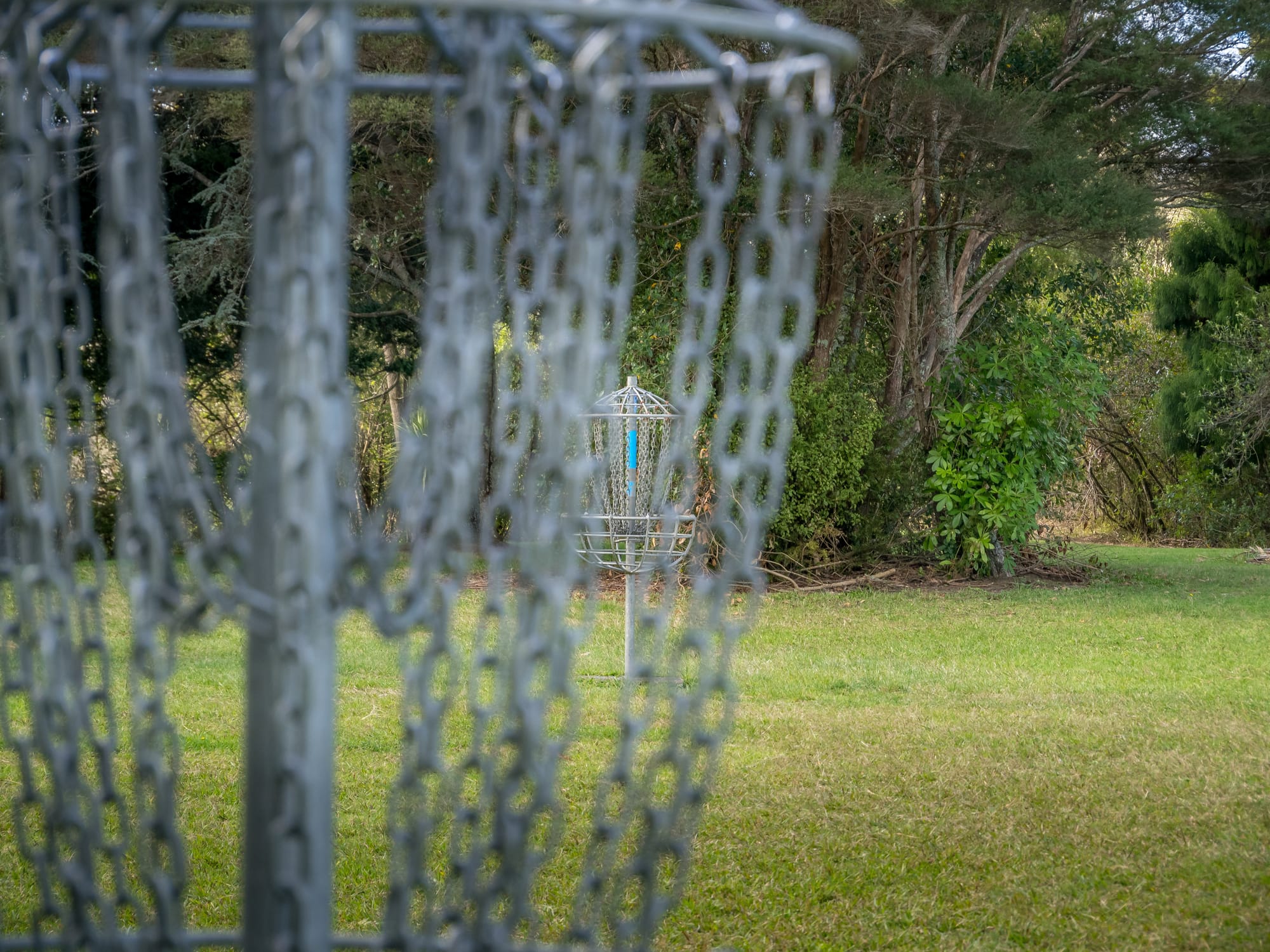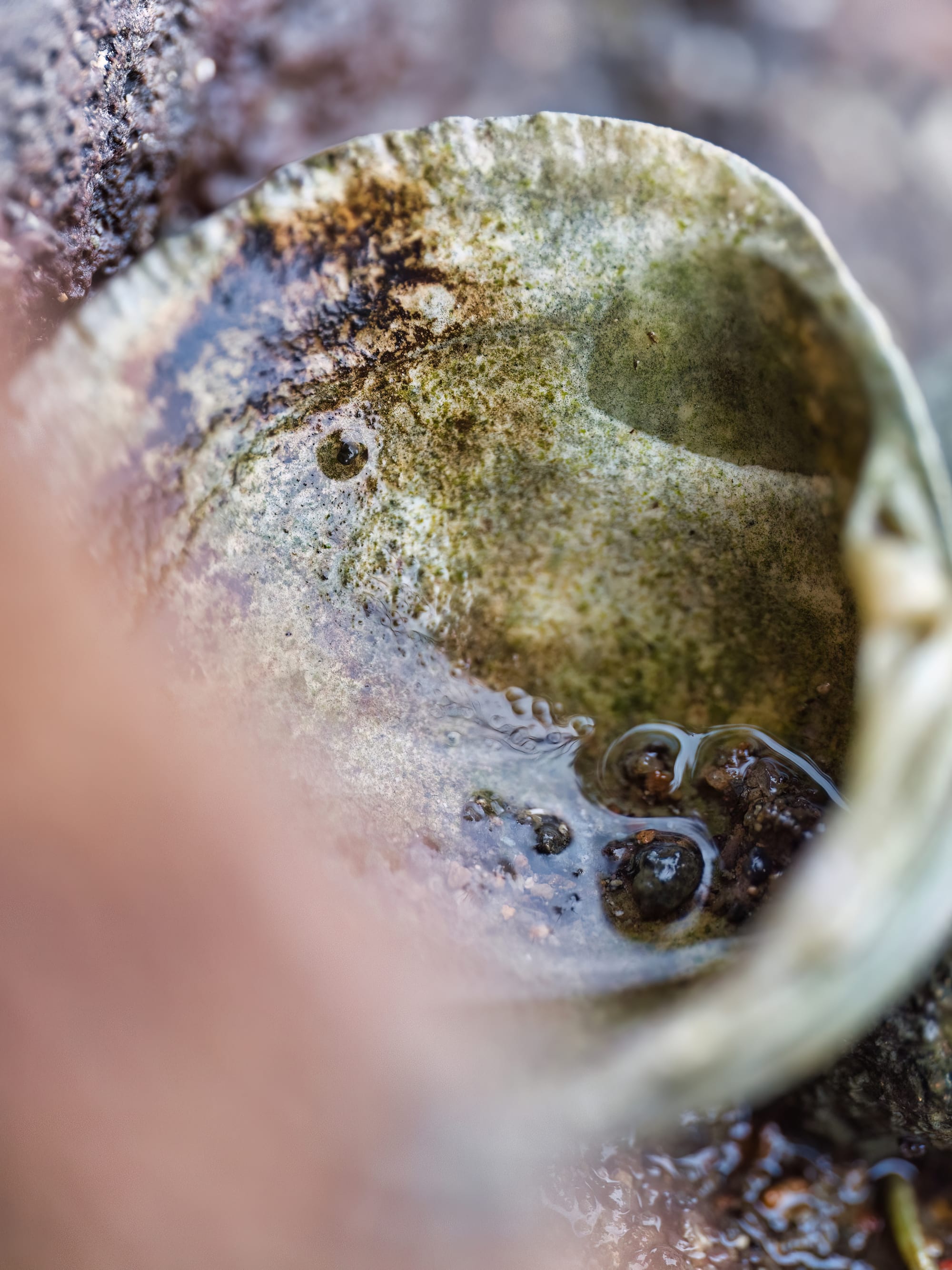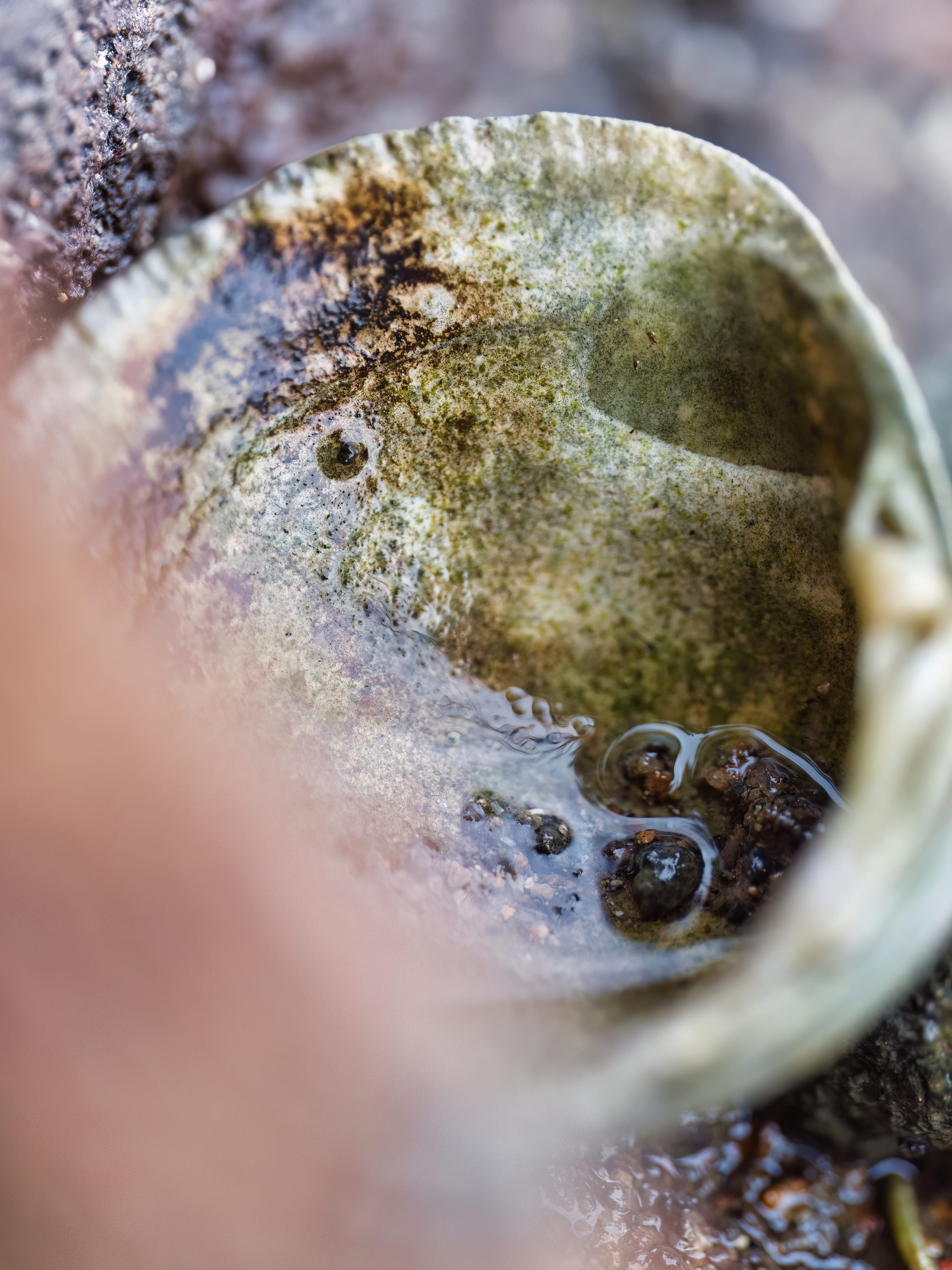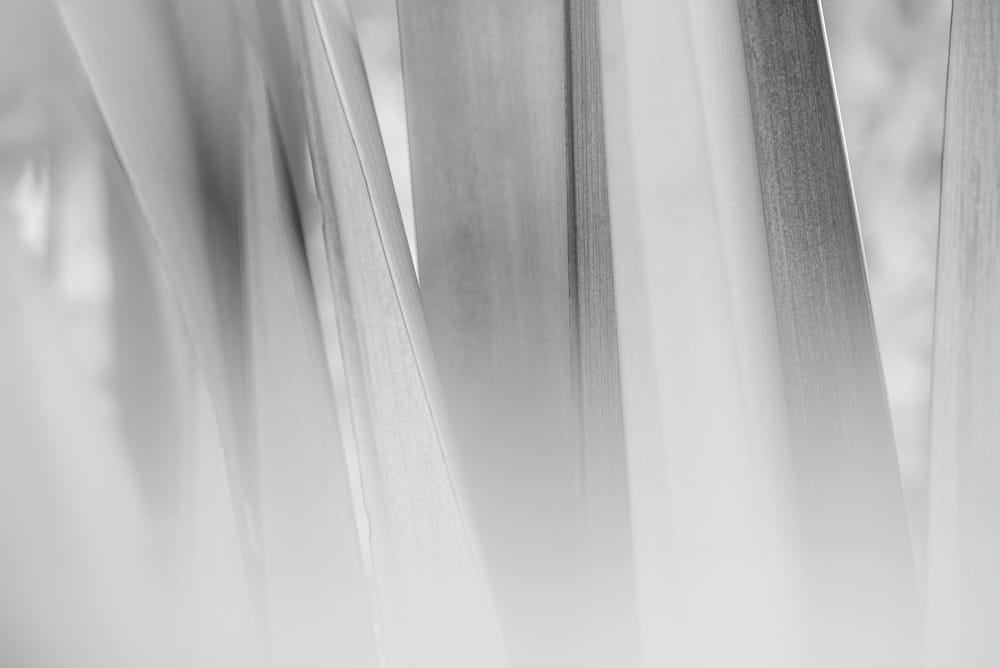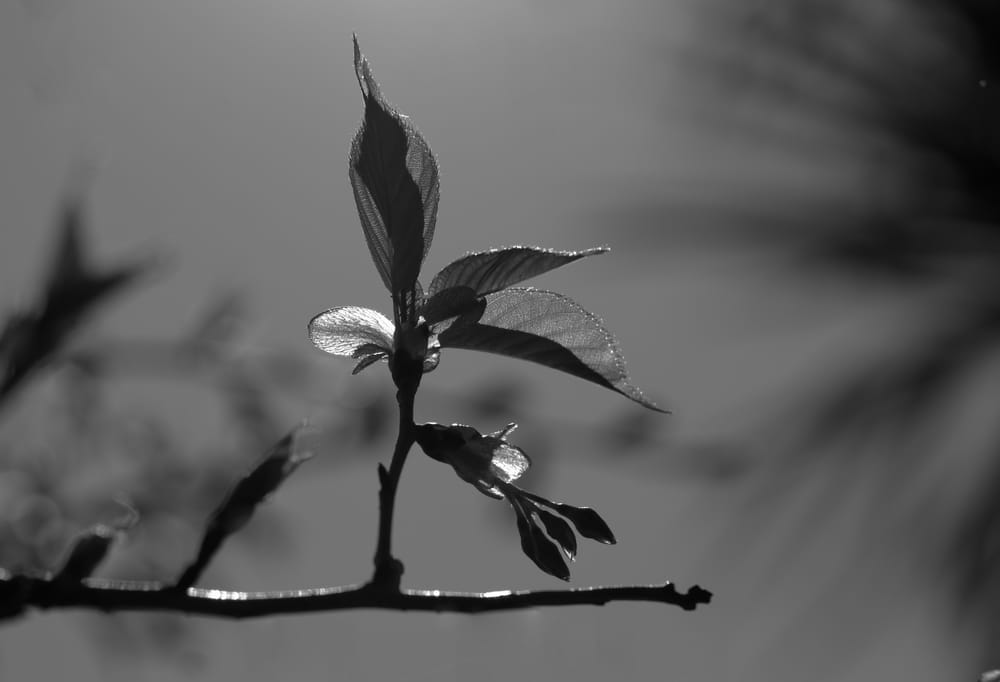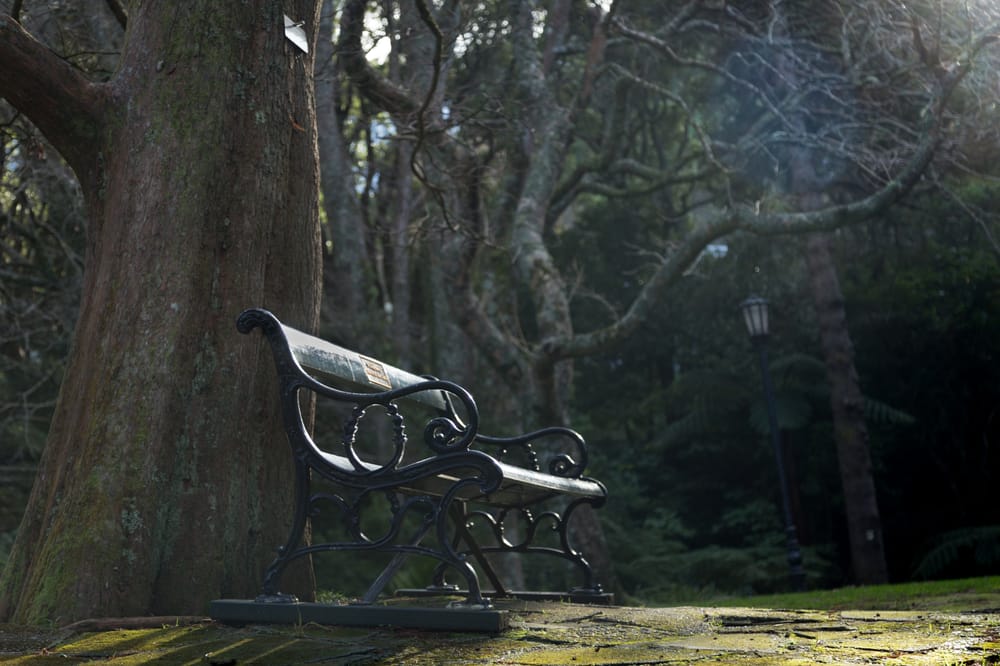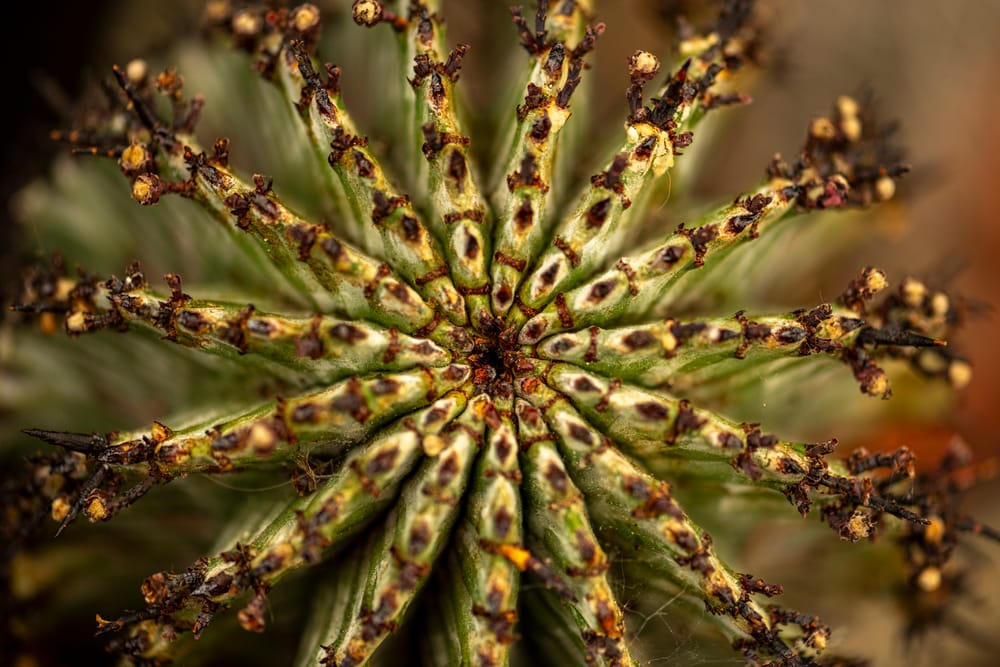Photography is a blend of technical skills and creative vision. One technique that stands out for adding depth and intrigue to your images is incorporating a blurred foreground. Our recent community weekly challenge encouraged us to explore this fascinating aspect, and the results were stunning.
Why blurred foreground?
A blurred foreground can dramatically change the feel and composition of a photograph. Here’s why:
- Depth and dimension: Blurring the foreground creates a sense of depth, drawing the viewer's eye into the image and making the background subject pop.
- Focus and attention: It naturally guides the viewer’s attention to the main subject, emphasising the story you want to tell.
- Mystery and intrigue: The blurred elements can add a layer of mystery, making viewers curious about what’s hidden or partially revealed.
- Aesthetic appeal: Soft, blurred foregrounds can add a dreamy, artistic quality to your photos, enhancing the overall visual appeal.
How to achieve a blurred foreground
Achieving this effect is simpler than it might seem. Here are some tips:
- Use a wide aperture: Set your camera to a wide aperture (small f-number) to create a shallow depth of field.
- Get close to your subject: Position your camera close to an object in the foreground, while focusing on a subject further away.
- Experiment with angles: Try different angles and perspectives to see how the blurred foreground interacts with the background.
- Play with distance: The distance between your camera, the foreground object, and the main subject will affect the level of blur.
If you haven't tried it yet, go ahead and experiment with this technique. Blurring the foreground is a way to add depth, focus, and a touch of magic to your photos.
Explore and be inspired with the featured photographs from our members below.
